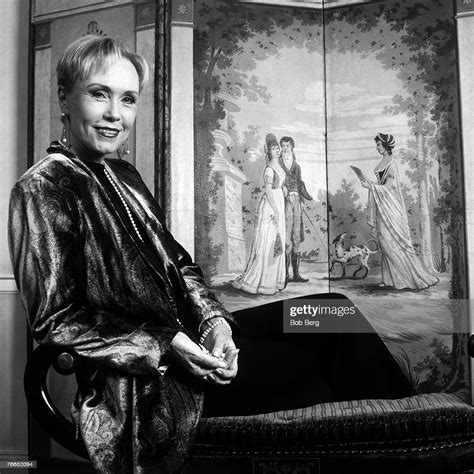A Quote by Oliver Wendell Holmes, Jr.
Under bad manners, as under graver faults, lies very commonly an overestimate of our special individuality, as distinguished from our generic humanity.
Related Quotes
There are differences between us. But it doesn't make sense to emphasize that, because my future and yours is connected with everyone else's. So we have to take seriously our concern for all of humanity. When we focus on our individuality, humanity inevitably suffers. And once humanity suffers, each one of us will also suffer.
the solution to racism lies in our ability to see its ubiquity but not to concede its inevitability. It lies in the collective and institutional power to make change, at least as much as with the individual will to change. It also lies in the absolute moral imperative to break the childish, deadly circularity of centuries of blindness to the shimmering brilliance of our common, ordinary humanity.
Before making peace, war is necessary, and that war must be made with our self. Our worst enemy is our self: our faults, our weaknesses, our limitations. And our mind is such a traitor! What does it? It covers our faults even from our own eyes, and points out to us the reason for all our difficulties: others! So it constantly deludes us, keeping us unaware of the real enemy, and pushes us towards those others to fight them, showing them to us as our enemies.
The Greeks put us to shame not only by their simplicity, which is foreign to our age; they are at the same time our rivals, nay, frequently our models, in those very points of superiority from which we seek comfort when regretting the unnatural character of our manners. We see that remarkable people uniting at once fullness of form and fullness of substance, both philosophising and creating, both tender and energetic, uniting a youthful fancy to the virility of reason in a glorious humanity.
Manners or etiquette ('accessibility, affability, politeness, refinement, propriety, courtesy, and ingratiating and captivating behavior') call for no large measure of moral determination and cannot, therefore, be reckoned as virtues. Even though manners are no virtues, they are a means of developing virtue.... The more we refine the crude elements in our nature, the more we improve our humanity and the more capable it grows of feeling the driving force of virtuous principles.
Are there experts, ethical experts, that's very offensive to all of us? Because it's part of our humanity to have a stake in these questions to feel that we ourselves know the difference between right and wrong. And then along come these experts, philosophers, claiming, you know, an expertise, a special training, a special skill, a special talent.
What my children appear to be on the surface is no matter to me. I am fooled neither by gracious manners nor by bad manners. I am interested in what is truly beneath each kind of manners...I want my children to be people- each one separate- each one special- each one a pleasant and exciting variation of all the others
Fear is not at the heart of Christianity nor of our nation. The very essence of Christian faith lies in forgiveness. Christians believe that Jesus died so we may live. He took upon himself our sins so that we may be forgiven and thereby gave us a model of forgiveness for others. This is a cycle that allows civility and progress in the face of man's faults and imperfectability.


































